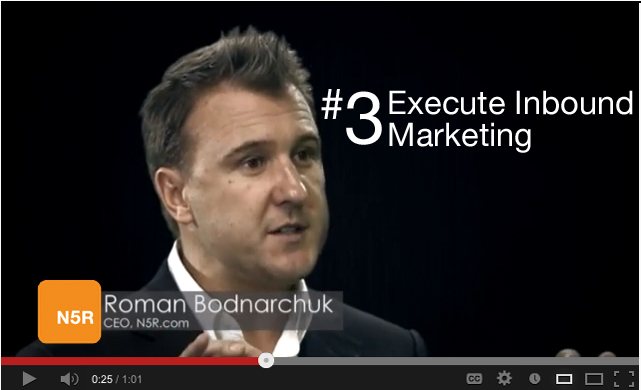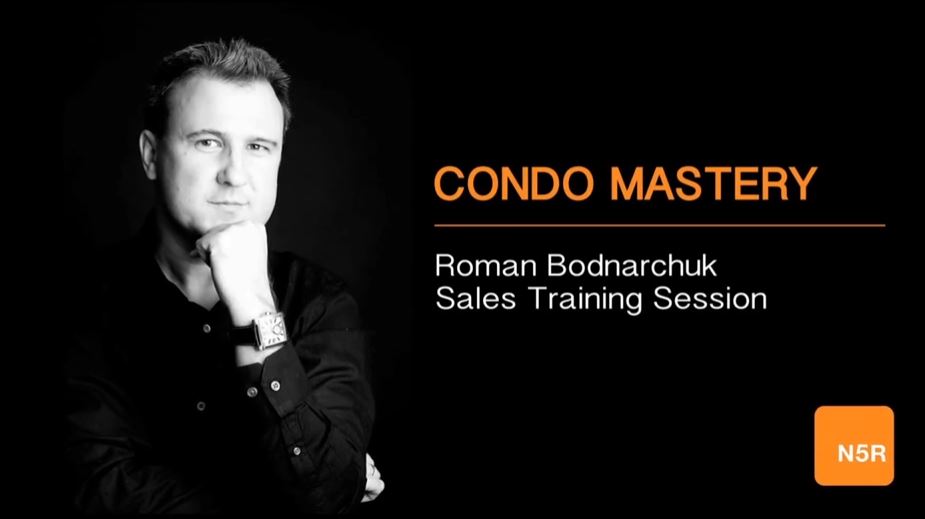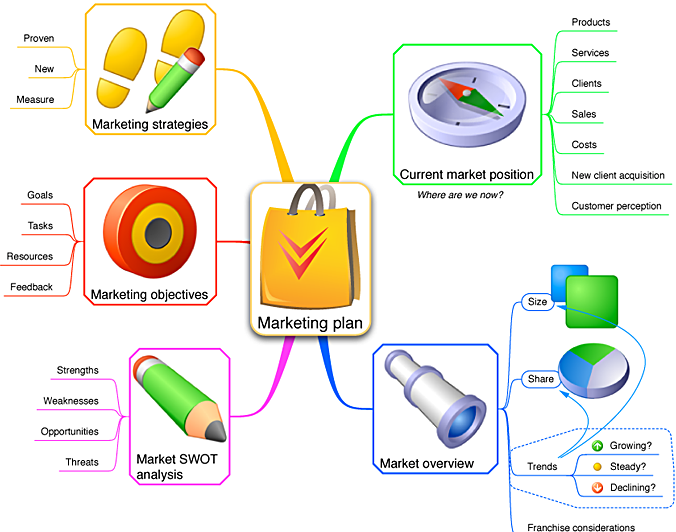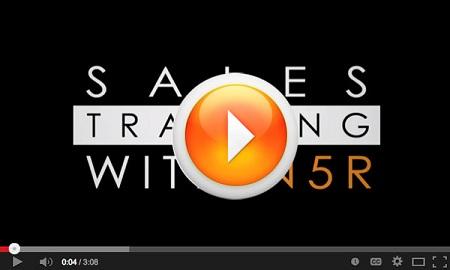- About us
- Services
- Projects
- Coaching
-
News
Measuring PerformanceYou might be tempted to sit back and relax once your campaign has launched. But in order to understand how your campaign is performing (and how you could potentially improve it) you should monitor key campaign metrics in an analytics tool like Google Analytics.
So, what metrics should you be paying attention to?
Here are the basics:
• Views: how many people have checked out your landing page
• Downloads/registrations: how many people lled out your landing page form inorder to download content/register for an event
• New contacts: how many new contacts has the campaign added to your database
• Conversion rate (downloads/registrations): % of landing page visitors who end up downloading content/registering for an event
• Conversion rate (new contacts): % of landing page visitors who download content/ register for an event and become new contacts as a result
• Ensure that your landing page is mobile-optimized (learn more).
• Use target keyword(s) in the page title.
• Keep the URL structure clean. For example: o er.yourwebsite.com/free-marketing-guide = good
o er.yourwebsite.com/id=4673007niner/free-marketing-guide-07-17-15 = bad
• Write a compelling meta description. (Note: this won’t a ect rankings, but it can help encourage searchers to click on your website’s result, so make it count!)
In order to compare the performance of two or more campaigns, establish and stick to a speci c time duration that you can use for all of your measurements.
For example, if one campaign launched last January and another launched last March, comparing their total views, total downloads, etc. would be misleading: the rst one’s had more time to perform. To account for this, simply decide on a timeframe (for example, from a campaign’s launch date to 2 weeks after launch) and use that for every metric you calculate.
Sound a bit complicated? At HubSpot, we’re able to keep tabs on all of our campaign metrics with the help of Google Sheets. Here’s a mock-up of what one of our quarterly campaign performance spreadsheets might look like:
Need to present your ndings to a coworker or third party? Select your data and use Google’s Chart Editor (Edit > Insert > Chart) to create a chart, graph, or other visualization.
Once a campaign has launched and you’ve collected data on its performance, it’ll be time to run a “post-mortem’ meeting with your coworkers and collaborators. You can do this in-person, via Google Hangouts or Gmail, or even in a Google Doc that everyone can update or comment on.
Here are some of the questions you should answer and explore:
• Which sources (organic, paid, social?) drove the most tra c to your campaign’s landing page?
• Which sources drove the most-quali ed (i.e., most likely to convert) tra c?
• Which sources drove the least amount of/least-quali ed tra c?
• If you were able to launch the campaign again, what would you do di erently? What would you do the same?
 Read More
Read MoreTopics: Sales and Marketing, sales, sales leads, Leads, real estate, marketing, Roman Badnarchuk, lead generation, Sales Training, N5R Sales Training, marketing agency, Top condo sales trainers, 2014
Promoting To Your AudienceIt’s one of the most exciting moments in the lifecycle of a marketing campaign: the launch.
If you’ve been methodical in your planning and executing (with the help of Google Calendar and Google Drive, among other tools), then the launch of your campaign should go smoothly.
In addition to promoting your campaign externally, be sure to promote it internally as well. At HubSpot, we send out a noti cation email (which anyone at the company can sign up to receive) to let coworkers know when a new campaign has launched.
In addition to providing talking points and links to the campaign’s landing page, be sure to include a link to that Google Drive folder you created with all of those neatly organized promo images. This will make it easier for your coworkers to share the campaign with their networks.
Launching your campaign is an important milestone. But remember, in order to get long-term value out of your e orts, you can’t take a one-and-done approach to promotion.
One of the best ways to get sustained value from a marketing campaign? Search engine optimization (SEO): the practice of improving the ranking and visibility of your website’s pages in organic (unpaid) search engine results.
If the goal of your campaign is lead generation, your campaign’s landing page should be the focus of the majority of your SEO e orts. (You should also spend time optimizing blog posts that link to that landing page.)
Here are some of the most important SEO tasks for your checklist:
• Ensure that your landing page is mobile-optimized (learn more).
• Use target keyword(s) in the page title.
• Keep the URL structure clean. For example: o er.yourwebsite.com/free-marketing-guide = good
o er.yourwebsite.com/id=4673007niner/free-marketing-guide-07-17-15 = bad
• Write a compelling meta description. (Note: this won’t a ect rankings, but it can help encourage searchers to click on your website’s result, so make it count!)
Thinking for the long term, you should also spend some time scheduling social posts for the weeks and months following the launch. Think of new angles or insights you can highlight each time so you’re always sharing something fresh with your audience.
If you’re looking to give your campaign a little boost, you always have the option of purchasing search ads around speci c keywords via Google AdWords. This will allow you to show ads to users who use Google to search for keywords related to the main themes of your campaign.
For best results, create alignment between the keywords you bid on, the copy in your ad, and the copy on your landing page (your landing page is where you should be sending people who click on your ads, FYI). If your ad promises something that your landing page fails to deliver, people who click-through will be likely to bounce; and you could end up losing out on potential leads and customers because of it.
Pro tip: make the Google AdWords Keyword Planner your best friend early in the process. The tool will allow you to see and compare the competitiveness (and cost) of purchasing ads around di erent keywords and keyword variations.
And remember: your search ads will only yield results so long as you continue to pay for them. In the long run, investing in SEO and organic audience-building (e.g., through engaging with people on social media) will have a more positive e ect on your campaign.
 Read More
Read MoreTopics: Sales and Marketing, sales, sales leads, Leads, real estate, marketing, Roman Badnarchuk, lead generation, Sales Training, N5R Sales Training, marketing agency, Top condo sales trainers, 2014
How To Plan Your CampaignIdeas for marketing campaigns can come from a variety of sources. Sometimes, for example, there’s a speci c request from another team, while other times it’s your own research and analysis that leads you to a topic.
Regardless of where your campaign ideas come from, you should store those ideas in an easily accessible location. You and your coworkers should be able to regularly add to and comment on those ideas.
Here’s what to do:
1. First, open Google Drive and create a “master” folder for your campaign where you can store all your campaign assets.
2. Next, create a new spreadsheet. Name it “Marketing Campaign Ideas” or something similar.
3. Create separate columns for the following criteria and label them accordingly: • working title (e.g., “How to Stay Organized”)
• format (e.g., ebook, webinar, video)
• persona (e.g, Renter Rick, or Buyer Beth)• goal (e.g. lead gen, page views, social buzz)
• notes (where you can explain aspects of your idea in more detail)Once you’ve nailed down the speci cs of your marketing campaign with the help of Google Sheets, it’ll be time to add that campaign to your team’s campaign launch calendar in Google Calendar.
At HubSpot, we can see all of the launch dates for all of our upcoming campaigns— including the precise times for things like webinars, Twitter chats, and contests—all in one, shared calendar.
For a high-level look at what marketing assets and events are coming down the pipe, this calendar is indispensable.
However, to make sure you—as an individual marketer—are keeping track of your speci c responsibilities for a campaign, you can create personal calendar reminders as well.
For example, if you were creating an ebook, you could create calendar reminders for when the rst draft of the ebook’s copy is due, when the nal draft of the copy is due, when the rst draft of the ebook’s design is due, and so on.
Of course, setting all of the milestone dates and deadlines associated with planning a marketing campaign requires a ton of communication.
Google Hangouts is an easy-to-use solution for hashing out the details of a campaign with your coworkers, even if some of those coworkers are working remotely.
At HubSpot, we use our campaign planning Hangouts to answer questions like...
• Who is responsible for X task?
• Does anyone need help with a task?
• Does everyone agree with the timeline / nd it reasonable? • Are there any potential roadblocks that could delay launch? • Do we have a backup plan if X doesn’t work out?At the end of every campaign meeting, we use Gmail to send out a meeting recap, which highlights all of the key takeaways from the meeting as well as what decisions were made.
For complex, multi-channel campaigns (which perhaps include some advertising spend), now would be a good time in the process to create a promotional plan in Google Docs. What should you include in the document? For starters, you can copy and paste all of your meeting recap notes. You’ll also want to answer the following:
The best part about doing this in Google Docs is that you can easily share the planning document with your coworkers and collaborators. And they can either edit the document directly or leave comments to the side. (You can control whether someone is able to view, comment, or edit a document via the share settings.)
Through maintaining this “living” document, you can have ongoing virtual meetings throughout the creation, promotion, and measurement phases of your campaign.
 Read More
Read MoreTopics: Sales and Marketing, sales, sales leads, Leads, real estate, marketing, Roman Badnarchuk, lead generation, Sales Training, N5R Sales Training, marketing agency, Top condo sales trainers, 2014
The great part about booking a meeting is meeting someone. Sound familiar? That's because booking a business meeting holds the same rituals we find in our private world when we meet our future life mates. It's all about stages of success. The winning formula
Read MoreTopics: n5r case studies
Topics: selling tips
Topics: Muskoka, condo marketing, condo sales, The Rossington, condo sales 2016, 2016, condo video selling 2016, muskoka property, muskoka investment, condo selling, condo video marketing 2016, condo sales video 2016, condo selling 2016, condo marketing 2016, property investment, investment property, condo video selling, condo video marketing, condo sales video
Your Email to Subscribe
Archives
- February 2016 (56)
- August 2016 (43)
- November 2014 (36)
- January 2016 (33)
- September 2016 (31)
- October 2016 (31)
- December 2011 (30)
- November 2012 (29)
- December 2014 (26)
- August 2015 (25)
- July 2013 (24)
- September 2015 (24)
- May 2011 (20)
- November 2011 (20)
- June 2016 (20)
- January 2011 (19)
- September 2011 (19)
- June 2012 (19)
- October 2015 (19)
- March 2013 (18)
- April 2013 (18)
- January 2013 (17)
- July 2016 (17)
- January 2012 (16)
- February 2012 (15)
- July 2015 (14)
- November 2016 (14)
- November 2010 (13)
- December 2010 (13)
- June 2011 (13)
- October 2011 (12)
- December 2012 (12)
- February 2013 (12)
- January 2015 (12)
- January 2017 (12)
- May 2013 (11)
- August 2011 (10)
- March 2012 (10)
- June 2013 (10)
- December 2016 (10)
- October 2014 (9)
- April 2011 (8)
- May 2012 (8)
- September 2013 (8)
- July 2012 (7)
- December 2013 (7)
- May 2016 (7)
- February 2011 (5)
- July 2011 (5)
- April 2015 (5)
- March 2016 (5)
- November 2017 (5)
- May 2019 (5)
- July 2010 (4)
- March 2011 (4)
- August 2013 (4)
- February 2015 (4)
- August 2010 (3)
- September 2010 (3)
- August 2012 (3)
- November 2013 (3)
- February 2014 (3)
- May 2015 (3)
- October 2010 (2)
- January 2014 (2)
- July 2014 (2)
- March 2015 (2)
- December 2017 (2)
- April 2012 (1)
- May 2014 (1)
- November 2015 (1)
- March 2017 (1)
- July 2017 (1)
- February 2018 (1)
- October 2021 (1)












